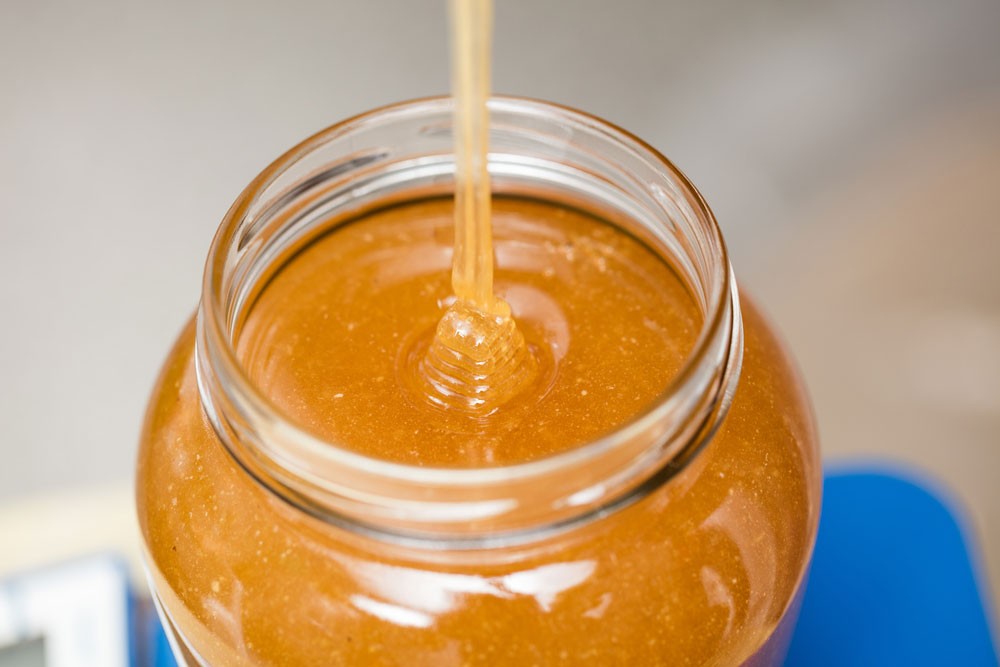No- or low-calorie artificial, or non-nutritive, sweeteners are widely used by people who want to curb their intake of refined and natural sugars, but still satisfy their sweet tooth. They are also frequently – and often surprisingly – added to products labeled as “healthy” or “natural”.
However, these fake sweeteners can impact your health. The most common potential problems linked to their use include cravings, headaches, stomach upset, weight loss and—ironically—weight gain, and more serious conditions such as cardiovascular disease, kidney damage and type 2 diabetes.
Moreover, what people don’t realize is that artificial sweeteners can cause a dangerous addiction to ‘’sweet foods’’. According to a study conducted by the “Yale Journal of Biology and Medicine,” strong evidence shows a link between a person’s intake of a flavor and the intensity of his/her preference for more of that flavor. In other words, the sweet taste imparted by sugar substitutes tends to increase the yearning for more of that sweetness, which leads to overeating, metabolic disorders, obesity and many other problems and complications.
Here’s a list of the most common artificial sweeteners in the market. It’s important to recognize these sweeteners on labels of pre-packaged foods:
- Aspartame
- Acesulfame potassium
- Alitame
- Cyclamate
- Dulcin
- Equal
- Glucan
- Kaltame
- Mogrosides
- Neotame
- NutraSweet
- Nutrinova
- Phenylalanine
- Saccharin
- Splenda
- Sorbitol
- Sucralose
- Twinsweet
- Sweet ‘N Low
- Xylitol
And here are a few surprising examples of products that may contain artificial sweeteners:
- Toothpaste and mouthwash
- Children’s chewable vitamins
- Cough syrup and liquid medicines
- Chewing gum
- No-calorie drinks (energy drinks/vitamin waters)
- Alcoholic beverages
- Salad dressings
- Frozen yogurt and other frozen desserts
- Candies
- Baked goods
- Yogurt
- Breakfast cereals
- Processed snack foods
- “Lite” or diet fruit juices and beverages
- Prepared meats
- Nicotine gum
Fortunately, there are many natural sweeteners in the market that are healthy alternatives to artificial sweeteners and refined sugars or high fructose corn syrup.
Here’s a list of the top healthy sweeteners:
- Raw Honey (1 tablespoon = 64 calories)
- Stevia (0 calories)
- Dates (1 Medjool date = 66 calories)
- Coconut sugar (1 tablespoon = 45 calories)
- Maple syrup (1 tablespoon = 52 calories)
- Blackstrap molasses (1 tablespoon = 47 calories)
- Balsamic glaze (1 tablespoon = 20-40 calories depending on thickness)
- Banana puree (1 cup = 200 calories)
- Brown rice syrup (1 tablespoon = 55 calories)
- Real fruit jam (caloric value varies depending on the type of fruit)
Living healthy doesn’t mean you have to give up sweets entirely; it just means you need to make a simple switch from unhealthy refined sugars and artificial sweeteners to natural sweeteners.

